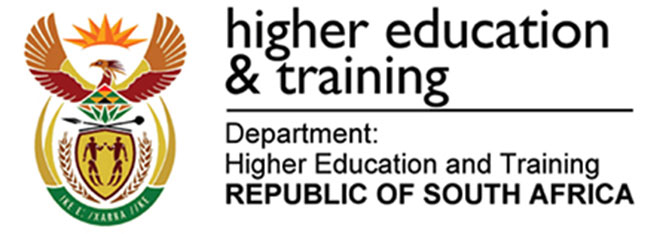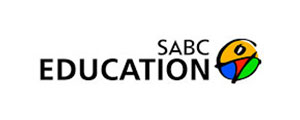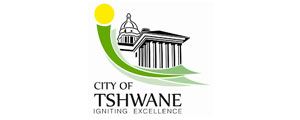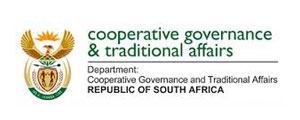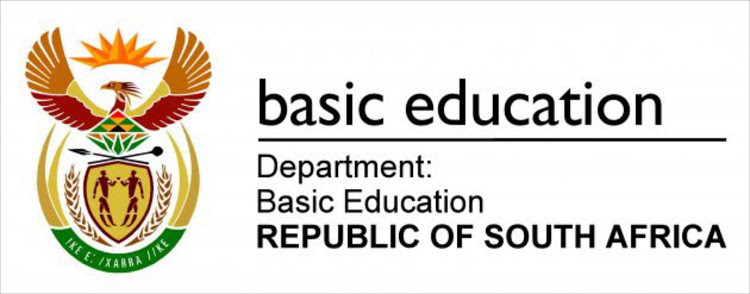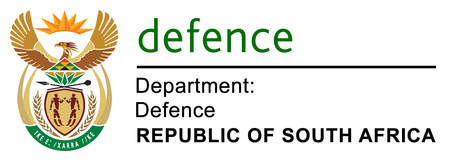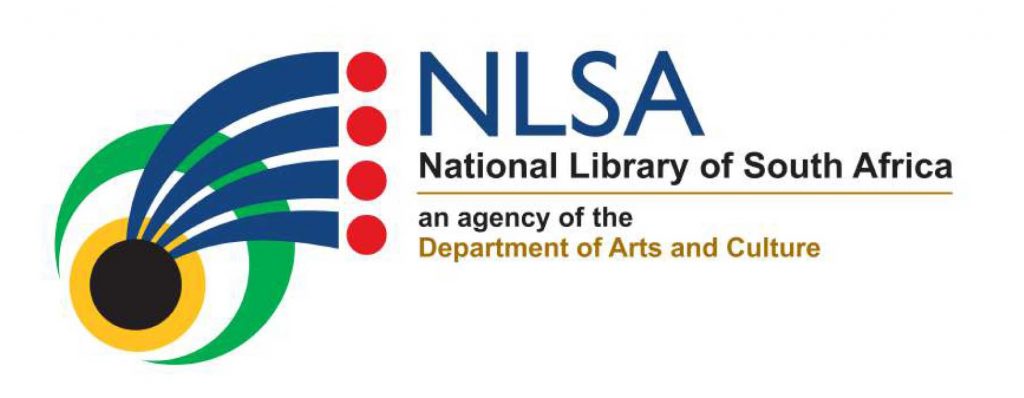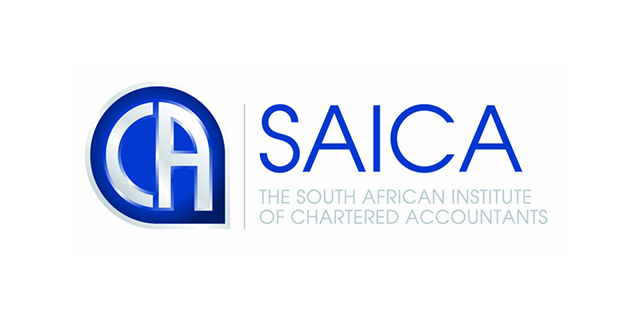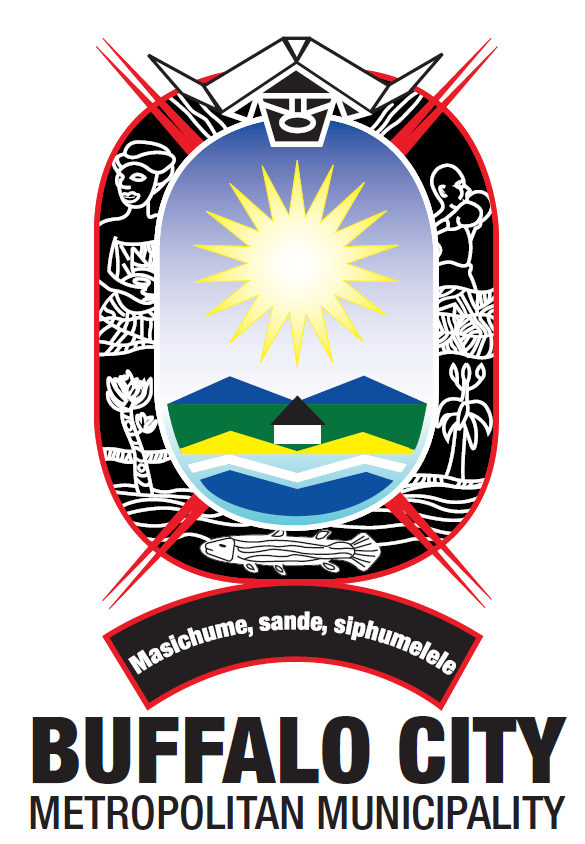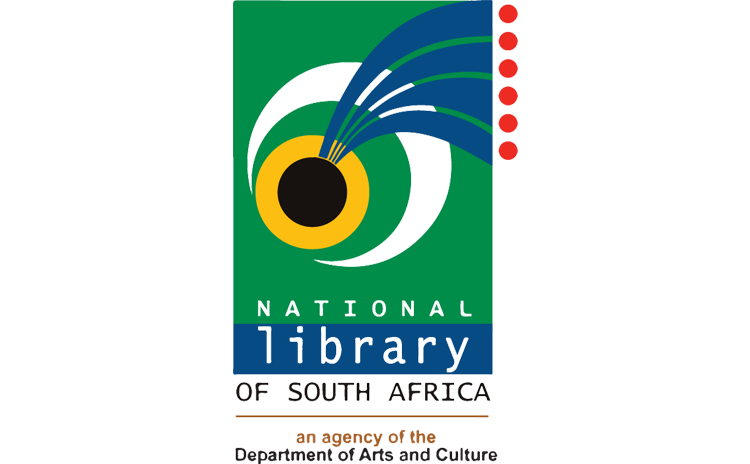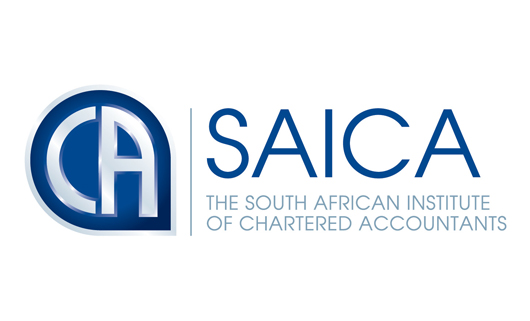Terminology
A
Acknowledgement of Application Letter
A letter sent to you by the institution you have applied to informing you that they have received your application forms. This does not mean that you have been accepted to study.
Admissions Office
The department at an institution that deals with applications to study.
Admissions Requirements
What is needed (example specific subjects, marks, portfolios for certain courses) to be considered for a particular degree, diploma or certificate course. This does not mean that you will be accepted, but if you meet the admission requirements your application will be considered.
Admissions Testing
Compulsory tests you have to write as part of your application process.
Application
Filling in forms for an institution where you would like to study.
B
Bursary
Money given by an organisation to someone who wishes to study. There are sometimes conditions attached to accepting the bursary e.g. you work for the organisation after graduation.
C
Campus
The physical environment (buildings and grounds) of an institution.
Course
Part of a subject, usually studied over a semester (6 months) or a year.
Course Codes
A code used by the institution to identify the course, what department it falls under and whether it is studied in first, second or final year.
Course Outline
A short description of what you would study in a course.
Conditional Early Offer
When you are offered a place to study at an institution before your last exams on condition you keep up your good marks.
D
Dean
The head of a faculty at a university.
Designated Subjects
Matric subjects required for entrance to an institution that are listed by that institution.
Department
Manages a subject and is part of a faculty.
Doctorate
Degree obtained after Masters. You are then referred to as a doctor in your field of study. This does not always mean a medical doctor.
E
Eligible
It means you meet the requirements for what you are applying for.
Entrance Requirements
What you need (subjects, marks, points) to be accepted to a specific degree, diploma or certificate at an institution.
Entrance Scholarships
Funding awarded to someone applying to an institution who has obtained good marks in matric. You do not apply for this, it is only offered based on academic excellence.
Extended Programmes
A group of courses that are spread over a longer period of time to allow for extra tutoring for students whose potential has been identified but whose school background did not equip them adequately doe the demands of tertiary study.
F
Faculty
A broad term to describe a group of subject departments.
Financial Aid
Money given by an institution to a student who does not have money to pay for fees and sometimes living expenses.
G
General Degree
A degree with a broad number of subject options which you can choose yourself.
Graduation
The ceremony where you are awarded your qualification after you have passed all your exams.
H
Honours Degree
Postgraduate qualification after the successful completion of your first undergraduate degree, usually takes 1 year and specialises in a specific subject.
L
Loan
Money that you borrow from the bank or organisation like Eduloan in order to study. You usually have to pay this back when you start working.
M
Major or Specialisation
A subject that you study until your final year with increasing levels of knowledge.
Masters Degree
Degree pursued after successful completion of Honours degree.
Means Test
A way to calculate the income of a family to see if they qualify for financial aid.
Minimum Requirements
The minimum marks you need to be considered for a course or faculty.
N
National Benchmark Test
A set of tests for applicants that is a country wide extra measure for application purposes. There are usually Language and Maths based tests.
O
Orientation
This is usually a week or more before lectures start where you are introduced to campus life.
P
Point System
Points allocated to certain symbols obtained in matric subjects used to work out whether you meet the entrance requirements.
Postgraduate Degree
A degree you study after completing your first degree.
Probable Offer
If you are attaining marks well above the minimum requirements for the course, you are very likely to be given an offer of a place to study.
Programme
A specific group of courses studied together.
Prospective Student
Someone who is applying to study at an institution.
Prospectus
A booklet telling you what degrees and facilities the institution offers and how to apply.
Postgraduate Student
A student who has completed a first degree and is studying further.
R
Residence
A place for students to stay if they are living at an institution far from home.
Registration
After you have been given a place to study, you arrive at the institution at the beginning of the year and sign up for the degree or diploma that you applied for.
S
Scholarship
Money awarded to you to pay for your studies, usually because you have done well academically.
Semester
The school year is divided into terms. At tertiary level the year is divided into 2 semesters which are 6 months in duration each (Jan – June: first semester, July-December: second semester).
Stream
A set of courses following a specific direction.
Student Number or Code
Each student is given a number that is their student identity number and is unique to them.
Subject
An area of learning e.g. Maths, History.
U
Undergraduate Degree
Your first degree at a university.
Undergraduate Student
Someone studying their first degree.
